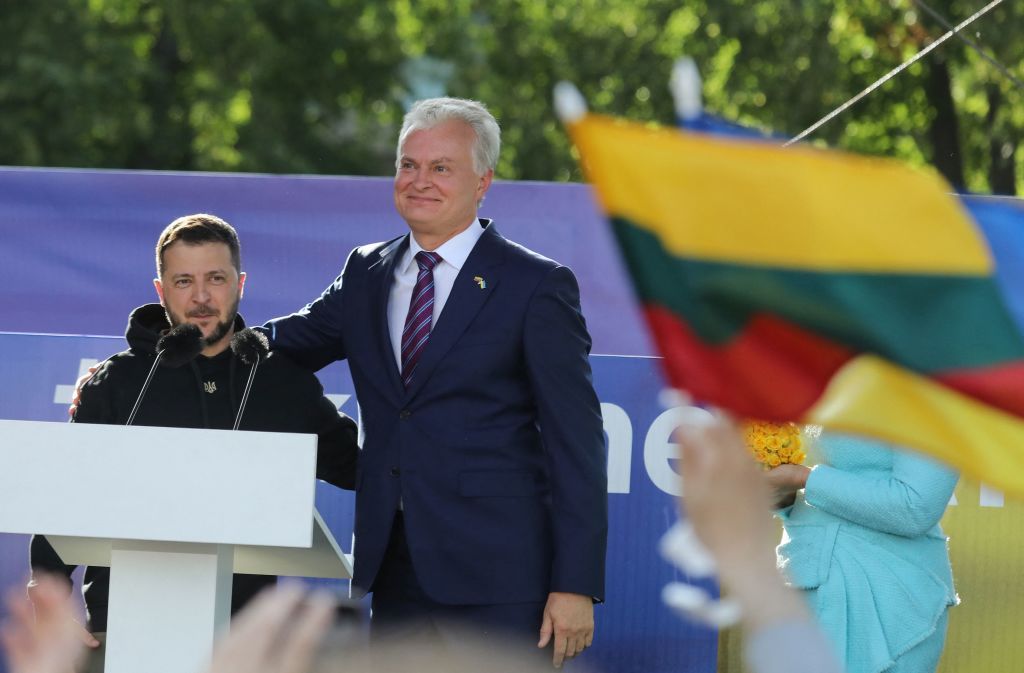In Lithuania’s presidential election, incumbent President Gitanas Nauseda placed first in the initial round of voting with 44.2 percent of the vote, followed by incumbent Prime Minister Ingrida Simonyte at 19.7 percent. The campaign heavily focused on future security policies in response to Russian aggression in the region, with all major candidates agreeing that NATO and EU member states should boost defence spending in support of Ukraine. With Nauseda and Simonyte advancing to the runoff on May 26, the country remains steadfast in its support for Ukraine, providing significant aid and expressing concerns about potential Russian threats due to its proximity to Belarus and the Russian exclave of Kaliningrad.
The president of Lithuania serves as the supreme commander of the armed forces and oversees foreign and security policy. The top contenders, Nauseda and Simonyte, have differing backgrounds, with Nauseda being a populist president serving since 2019, and Simonyte being a fiscal conservative with liberal social views and serving as prime minister since 2020. Both candidates previously competed in the 2019 presidential election, which Nauseda won. The runoff election will determine who will lead the country in shaping its national security strategy amid ongoing tensions with Russia.
In addition to the presidential election, Lithuanian Foreign Minister Gabrielius Landsbergis expressed support for sending Western military trainers to Ukraine, emphasizing the practical advantages of providing on-ground training rather than in NATO countries. Lithuania remains a staunch supporter of Ukraine, pledging financial aid and advocating for increased military assistance to bolster Ukraine’s defences against Russian aggression. The close relationship between Lithuania and Ukraine highlights the shared concerns about regional security and the importance of supporting allies facing external threats.
The presidential campaign in Lithuania reflects the country’s commitment to defending its sovereignty and supporting other nations facing similar challenges. With concerns about Russian aggression and the need for increased defence spending among NATO and EU member states, the candidates have focused on strengthening security cooperation and standing up to external threats. As the election heads to a runoff, the choice between Nauseda and Simonyte will determine the country’s future security policies and its role in the broader European security landscape.
Overall, Lithuania’s presidential election runoff underscores the country’s determination to protect its national security and support allies in the face of external threats. The candidates’ emphasis on boosting defence spending and aligning with NATO and EU partners in response to Russian aggression reflects the ongoing security challenges in the region. With the election scheduled for later this month, the outcome will shape Lithuania’s security strategy and its role in promoting stability and cooperation in Europe. By supporting independent journalism and staying informed about developments in Ukraine and the region, individuals can contribute to efforts to safeguard democracy and peace in the face of ongoing security challenges.


